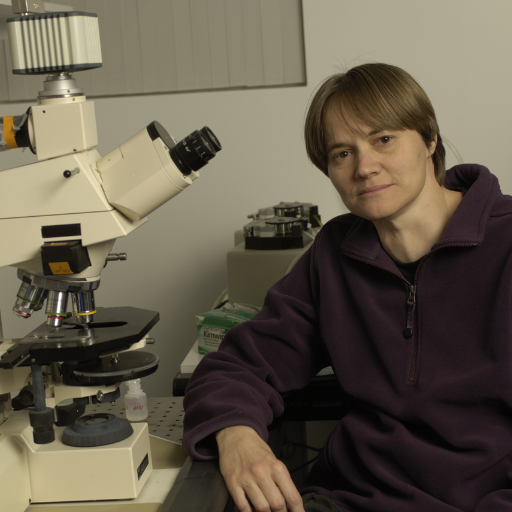Proteomic Characterization of Pseudoexfoliation Glaucoma
About the Research Project
Program
Award Type
Standard
Award Amount
$90,000
Active Dates
April 01, 2006 - September 30, 2008
Grant ID
G2006009
Goals
Identification of PEX-specific proteins and determination of the components of PEX material will provide insight into the pathogenesis of pseudoexfoliation glaucoma. A better understanding of the molecular basis of PEX glaucoma will lead to the development of novel molecularly targeted, non-intraocular pressure dependent therapies that may prevent the formation of PEX material.
Summary
Pseudoexfoliation glaucoma (PEX) is the most common form of open angle glaucoma with an identifiable cause. Pseudoexfoliation glaucoma is defined by the presence of pseudoexfoliation ‘material’ in the anterior segment of the glaucomatous eye, typically layered on the lens capsule in a bull’s eye configuration. This project will 1) identify the PEX proteins using advanced proteomic approaches and 2) characterize the components of the PEX protein complex using molecular techniques. Preliminary experiments have identified proteins associated with the pathophysiology of PEX glaucoma, but not the causative PEX material proteins themselves. Using differential protein expression analysis, we will identify the PEX material proteins present on PEX patient lens capsules. Antibodies to these PEX proteins will be used to discover the other members of the PEX material complex and understand how PEX material proteins molecularly assemble in the anterior segment of the eye to cause glaucoma.
Related Grants
National Glaucoma Research
Assessment of Vascular Resistance in Glaucoma
Active Dates
July 01, 2025 - June 30, 2027

Principal Investigator
Brad Fortune, OD, PhD
Current Organization
Legacy Devers Eye Institute
National Glaucoma Research
Interleukin-10 As a Neuroprotective Factor in Glaucoma
Active Dates
July 01, 2025 - June 30, 2027

Principal Investigator
Tatjana Jakobs, MD
Current Organization
The Schepens Eye Research Institute, Mass. Eye and Ear
National Glaucoma Research
From Resilience to Vulnerability: How Stress Accelerates Aging
Active Dates
July 01, 2025 - June 30, 2027

Principal Investigator
Dorota Skowronska-Krawczyk, PhD
Current Organization
University Of California, Irvine



